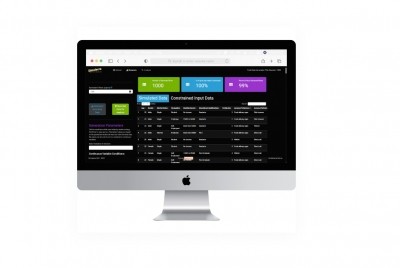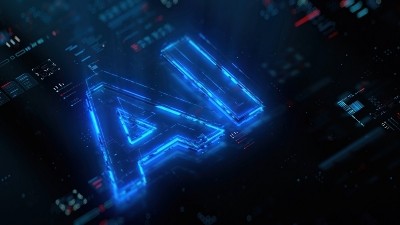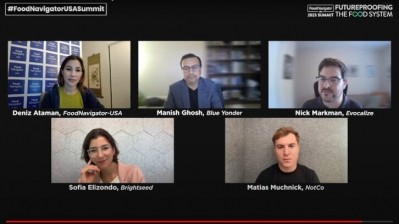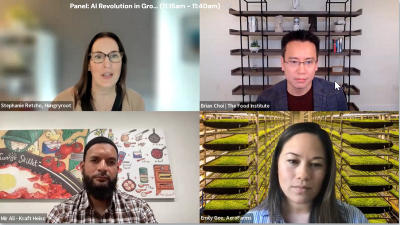[Video] IFT prepares food, beverage professionals for the future of AI with educational courses
“The number one thing that people within our profession can do ... is begin to learn about this technology, learn how it could impact us, [and] how it could complement our knowledge and our skill set to help us do our jobs more effectively. I think the biggest risk to our community is failure of imagination. So, if we can't imagine what this technology can do and how it can impact our careers and our roles, then I think that's really the risk we should be worried about, and so the first step is really to learn.”
IFT brings food professionals together to discuss AI's future
In the four courses, IFT will share a framework for using AI along with practical use cases, Gilbert said. The courses will run on Dec. 5, 7, 12, and 15, from 12:00-1:30 pm CT, and will also cover hands-on prompt engineering instructions, how to use AI ethically and safely, and more.
IFT has also designed the courses to be interactive, and attendees can share specific use cases that they would like to be used during the courses, and "security and confidentiality is a key part of this course," Gilbert said. Since its members span the food ecosystem, including professionals from CPG companies and academics, IFT wanted to create these courses to be a springboard to learn from one another and foster creativity when it comes to how best to use AI.
“This course is really meant to provide a breadth of opportunities for how AI can impact our space, and learning about how different people can use it is going ... to spark other ideas. Somebody working at a consumer-products-good company may not know how an academic could use this technology, but hearing their ideas and how they could is certainly one way that we want to be bringing everyone within the science of food together to learn from each other.”
From hard to soft skills: AI’s opportunity within the food, beverage industry
When it comes to AI's potential in the food and beverage industry, Gilbert breaks down the use cases into two groups: hard and soft skills. Hard skills represent data and trend analysis and formulation generation, while soft skills represent use cases like consumer testing and marketing products to targeted consumers, he explained.
"One thing I don't think we talked too much about is associated with the soft skill side of things,... and that is really related to the more nuanced and finer details of the work that product developers and those within the science of food ultimately do. Things like testing a product concept with somebody who could be a target consumer. You could use a large language model to begin to identify what are the effective questions that you should be asking, and I think that's something that would be something that we can really expect AI to assist with."
Not only does AI have the potential to disrupt how food and beverage products are tested and created, but it could also change the traditional dividing lines and roles and responsibilities for professionals. To get ahead of these potential changes, food and beverage professionals should learn about these technologies before that even happens, Gilbert noted.
“At one point or another, [AI] is going to find its way to be woven into our everyday roles and responsibilities, and so it's on our shoulders to really take on the responsibility of learning about it,” Gilbert said. “If those within the science and food community and those that are in leadership positions can begin to learn about that, they can better prepare for the day that this technology is right and ready to make its way into our lives on a more holistic basis.”














